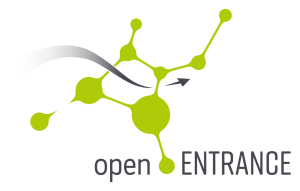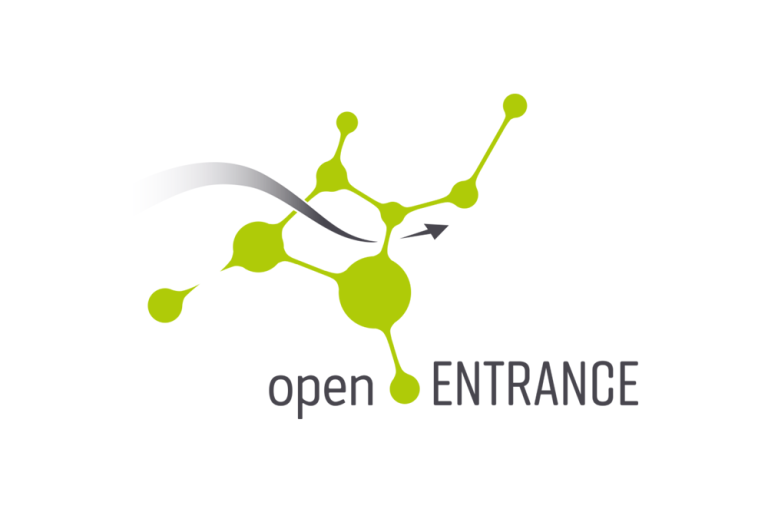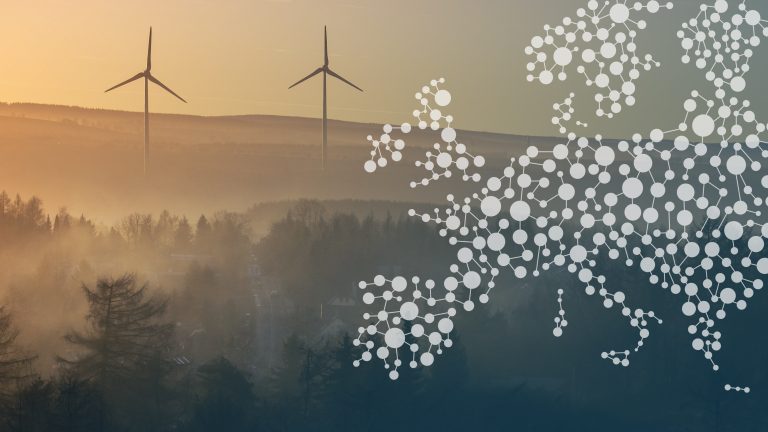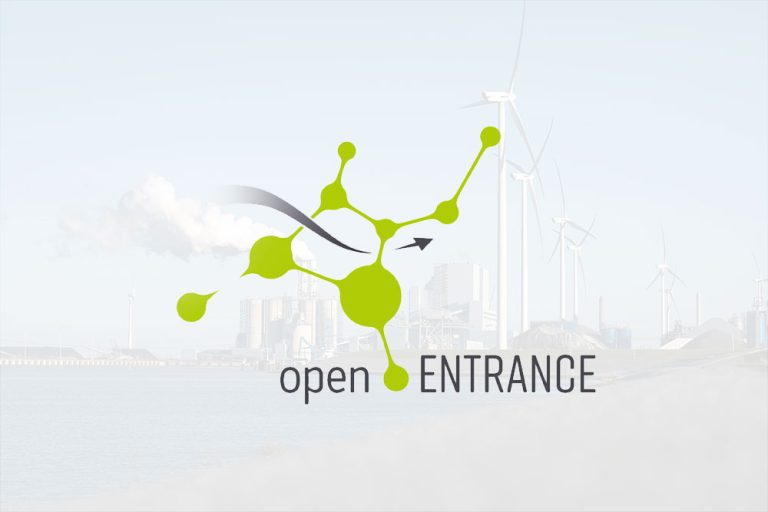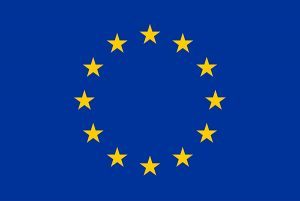This report (Open ENTRANCE deliverable 2.5) describes the science-policy interface in the H2020 project Open ENTRANCE and gives the project’s recommendations to how future energy system projects in Europe may strengthen their interaction with policy and decision makers.
The science-policy interface has been defined as “social processes which encompass relations between scientists and other actors in the policy process, and which allow for exchanges, co-evolution, and joint construction of knowledge with the aim of enriching decision-making”.
Policy and decision makers should in this report be understood in a broader context as politicians at both EU, national and local level together with the policy forming and policy implementing entities but also decision makers related to the energy system like Transmission System Operators (TSOs), ENTSO-E, ETSOG, ACER and national regulators, energy producers, distribution system operators (DSOs) etc.
Open ENTRANCE’s interactions with policy- and decision makers have mainly taken place in six workshops in the beginning and in the final stages of the project work with themes covering:
- development of scenarios for decarbonisation of the energy system
- macro-economic analyses of the energy transition
- case studies of specific challenges of the energy transition.
Furthermore, Open ENTRANCE was the main responsible project for the EMP-E 2020 conference, which was a meeting place for around 500 energy system modellers and policy and decision makers in Europe. Finally, the 10 newsletter and active dissemination via Twitter and LinkedIn have also been an important part of Open ENTRANCE’s policy science interface.
The main recommendations for the future are: i) a strategy plan for the science-policy interface should be developed early in the project ii) energy system modelling projects should work with policy relevant cases and questions iii) ECEMP should be kept and further developed as a meeting place for policy and decision makers and energy system modellers.

